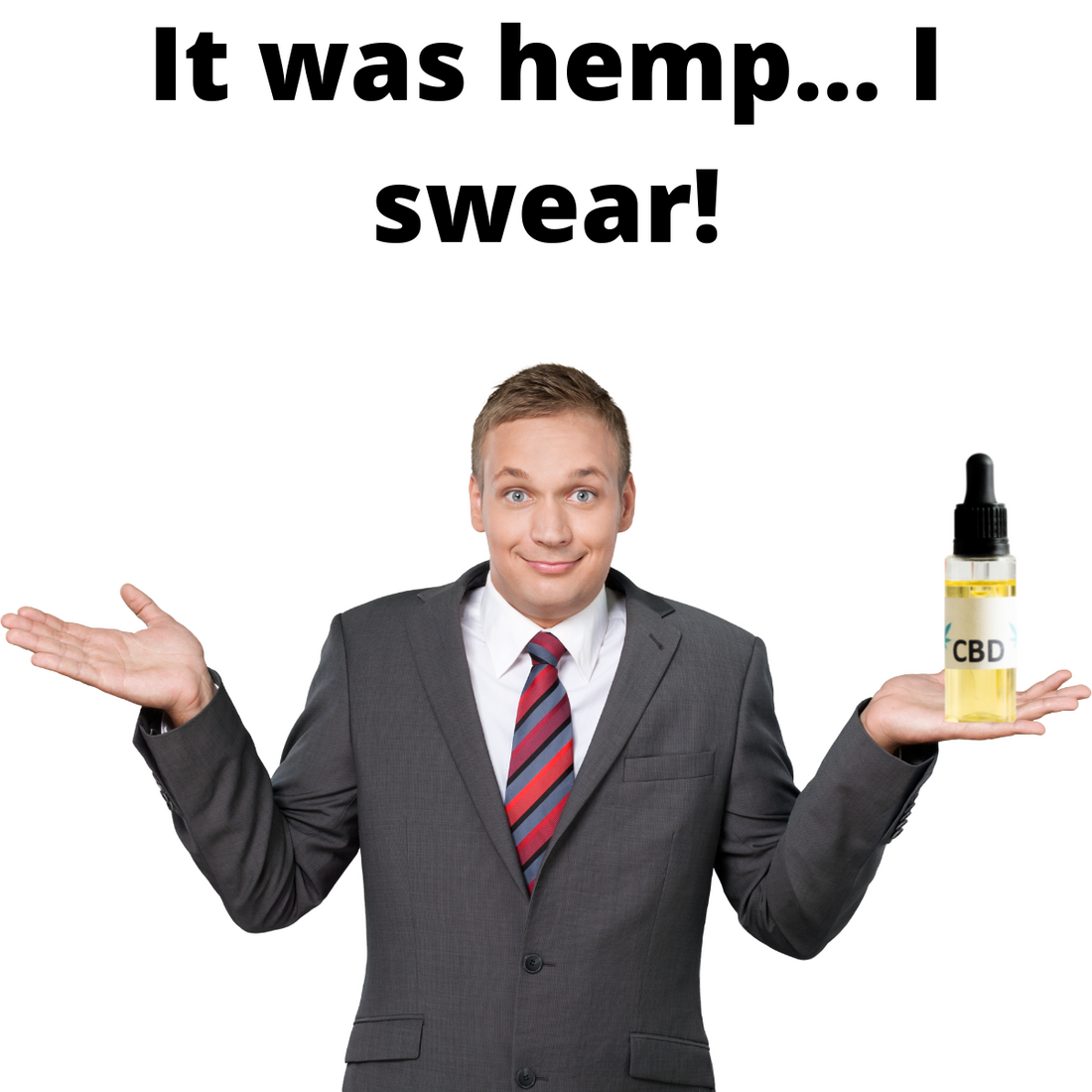Can hemp-based CBD products cause a positive on a THC drug test? Another subject that has come up many times while working with labs. I have heard many make this excuse and many lab staff mock the excuse, but is it possible? Two approaches that we can look at are:
- Is there THC in the hemp product itself?
- Does another cannabinoid or metabolite cause a false positive in the tests?

I won’t delve into number 1 too much because you can do some simple math yourself and determine that answer. Hemp products must not exceed 0.3% THC by weight. It doesn’t sound like much. But if you start scaling and do a little math, at high dosages or heavy use, the numbers start to add up. Whether it turns up positive or not depends on how much you take, how much THC is actually in the product (isolates should have much less than broad spectrum), and how sensitive the test is. There have been a few studies posted indicating levels can be achieved to be detected and we can see very low doses of THC in our own inhouse blood assay that would be the equivalent of high hemp usage. Keep in mind that these positives are not False positives. There really is THC there. It just didn’t come from Marijuana. This also brings up a topic for another post about ethics of cutoff levels.
Let’s now look at possibility number 2. Most often samples are first submitted to a screen by immunoassay and then sent to LC/MS/MS for confirmation. (GC/MS is still used as well). Immunoassay has less specificity and is more prone to interferences. Reports of other cannabinoids causing false positives in this type of test are reported. One item I find curious about immunoassay reagents is exemplified on the manufacturer insert of one Delta 9 THC tests I found online. In the list of interferences they tested, not a single cannabinoid was listed. I am not sure how you can suggest you adequately tested for interference when the most likely type of compound to interfere (another cannabinoid) is not tested or at least results were not shared publicly. Maybe a topic for another post. At the end of the day even if you test positive on a screen it should be sent to confirmation before you are considered positive. A few false positives in the screen aren’t a big deal with a good confirmation method.
Confirmation testing on LC/MS/MS is considered the gold standard of drug testing. One fallacy of confirmation LC/MS/MS testing though ironically is people take it like its gold. Even though LC/MS/MS is a great technique, its still a test and still is not 100% accurate, especially if not done properly.
Let’s take an example. In urine testing most labs test for THC-COOH. It has a monoisotopic mass of 344.2. Using a mass spectrometer as a mass filter, any molecule not of this same mass should not interfere but anything with the same mass has the potential. So, is there anything in hemp with the same mass at relevant concentrations? Well, we have 7-COOH-CBD for example that also has this same mass. This is known as an isobar. In LC/MS/MS we have essentially a double filter thus the MS/MS part of the name. So even analytes of the same mass don’t necessarily interfere but often they do. Below is an example of a chromatogram of THC MRM but only 7-COOH-CBD was in the sample.

Clearly the 7-COOH-CBD can cause a false positive for THC but thankfully if we do it right it still won’t. Why? Because we still have the LC part. The LC can separate molecules of the same mass in time which we have done in this case. Even though they both can trigger a signal on the MS, they show up at different times so we can differentiate them. One problem generally with cannabinoid analysis, is that there are a lot of isobars (delta 9 THC and Delta 8 THC for example) and some only show up in authentic samples so it can be tricky to separate them all.
In summary, we demonstrate with this example that it is possible for a cannabinoid metabolite to cause a false positive on LC/MS/MS but in this particular case, only if the lab does poor chromatography. With a good method it should not cause a false positive. Of greater concern may be low levels of THC in hemp-based products in heavy hemp users causing true low level positives.

